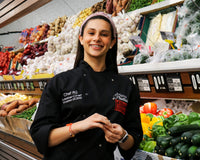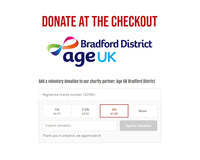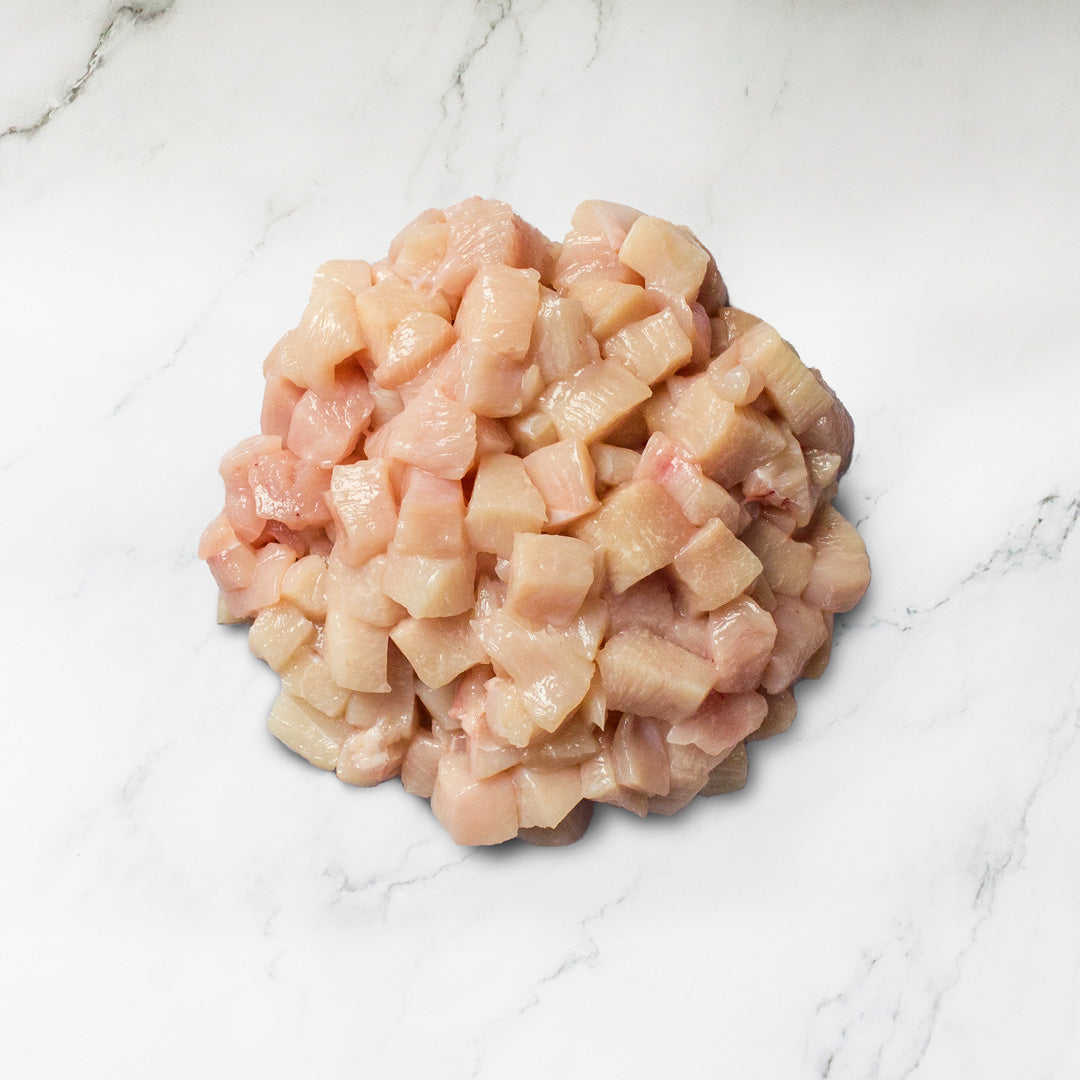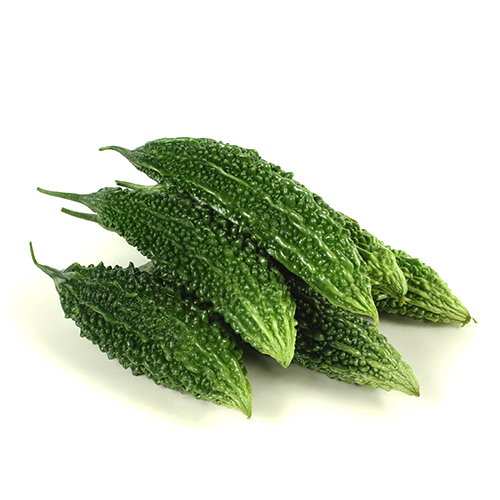I grew up in a home where halal food was never questioned. It was the norm, part of daily life and family tradition. Every Sunday my parents would plan meals with lamb, chicken, or beef, always ensuring it was halal. For me, halal is not just a label. It is trust, comfort, and identity wrapped into every dish.
When I hear people talk about halal meat in the UK, I see more than a debate. I see the shared experiences of families like mine who want to eat in a way that feels right, while also navigating questions of animal welfare, labelling, and trust.
What Halal Meat Really Means
At its core, halal means “permissible” in Arabic. In the context of food, it is about how animals are raised, handled, and slaughtered. It is also about preventing contamination with non-halal products along the supply chain.
For me, halal is not simply about rules. It is about intention. It reflects respect for life, humane treatment, and faith values. When I shop, I look for certification from recognised bodies and reassurance that the process has been followed correctly. That visible sign of trust makes all the difference.
It is why many families, including mine, prefer reliable suppliers who make things transparent. For instance, SaveCo Online offers halal meat delivery, making it easier to buy with confidence without second-guessing what is on the table.
Why Halal Sparks Debate in the UK

Halal meat sits at the crossroads of faith, ethics, and regulation. On one side, it is a religious requirement for millions of Muslims. On the other, it intersects with national discussions around animal welfare and consumer rights.
Much of the debate comes down to stunning. Some believe halal always excludes stunning. Others believe stunning is always applied. The truth is more nuanced. Both exist in the UK. It depends on certification bodies, the abattoir’s practices, and the product you buy.
This confusion is why transparency is so important. Families need to know not only that a product is halal, but how it was prepared. If you have ever wondered what actually happens in the process, SaveCo has a detailed guide on how halal meat is killed that breaks down the steps clearly.
Understanding the UK Regulations
Halal slaughter is legal and regulated in the UK. Abattoirs are inspected, staff are trained, and welfare standards are enforced. Within this framework, both stunned and non-stunned methods are permitted.
Some certification bodies accept reversible stunning methods that do not kill the animal before the cut. Others insist on no stunning at all. The law allows both, provided welfare requirements are met. This balance reflects the UK’s attempt to respect both animal welfare science and religious freedom.
If you are thinking about ethics more broadly, you might find SaveCo’s article on whether halal meat is more ethical useful. It explores the topic from multiple perspectives without pushing one view.
Animal Welfare and Religious Principles
Conversations at family dinners often touch on the balance between compassion and compliance. In Islam, the principle is clear: minimise suffering and respect the life that provides food. Animal welfare advocates often emphasise the same. The shared goal is humane treatment, even if views differ on stunning.
Trust is built when suppliers are open. I want to know which certification body has approved the process, whether stunning is used, and how handling is managed. That openness gives me the confidence that what I am eating honours both my faith and my values.
For those comparing local options, SaveCo’s complete guide to halal butchers in Bradford is a practical read. Even if you live outside Bradford, it highlights the signs to look for when choosing a butcher you can trust.
Media Narratives and Public Perception
Headlines often simplify halal to a single issue, usually around stunning or labelling. Unfortunately, this leaves out context. It can make halal sound mysterious or controversial when in reality it is a regulated process carried out under strict conditions.
Media focus also tends to highlight exceptions rather than everyday reality. Yes, there have been cases of unclear labelling in the past, but transparency has improved significantly. Reliable retailers make certification clear and easy to check.
That is why I tell friends to look beyond headlines. Ask where the meat comes from, who certified it, and how it was handled. The more transparent the supply chain, the less room there is for doubt.
Shopping with Confidence
For halal eaters, transparency is non-negotiable. Clear certification logos, stated sourcing policies, and open answers to questions all matter. When I see this level of detail, I feel confident filling my basket.
SaveCo makes this process easier. Their FAQs answer common questions, from certification to delivery, while their contact us section gives you direct access to customer support. For practical details like how meat is delivered, their shipping options explain timelines and packaging, so there are no surprises when your order arrives.
If you are curious about sourcing in general, SaveCo also highlights where to buy halal meat. It is a useful overview whether you prefer shopping online or locally.
Everyday Experience in the Kitchen
When I cook for my family, halal is not just about what is allowed. It is about flavour, trust, and tradition. A lamb curry bubbling on the stove, chicken tikka disappearing before it even hits the table, or a simple keema with peas — all of it feels right because I know the meat has been sourced correctly.
That trust begins at the shop. I check the cut, the certification, and the packaging. Once it reaches my kitchen, I can focus on seasoning, spices, and slow cooking without second-guessing the basics.
Even small details matter. How mince is prepared. How fat is trimmed. How a delivery box stays cold during transport. These are the signals of care that separate an average meal from one that feels wholesome and satisfying.
Common Questions About Halal Meat
Does halal meat taste different?
Not really. Flavour depends more on the cut, the animal’s age, and cooking methods. Halal ensures compliance, not taste.
Is halal meat always more expensive?
Not necessarily. Price reflects cut, quality, and supplier. Online options like SaveCo make it easier to compare fairly without compromising standards.
Can you trust halal labels?
Yes, when you choose suppliers with transparent certification. The key is to look for details and not be afraid to ask questions. Good retailers will always share sourcing information.
Why SaveCo Has Become a Trusted Choice
For lifelong halal eaters like me, convenience matters as much as trust. SaveCo combines both. They offer a wide range of cuts through their halal meat delivery, keep shipping straightforward, and make certification visible.
Their customer support is approachable, and their blog explains key topics like how halal meat is killed or why SaveCo Bradford is a top choice for halal meat. This mix of practical service and open education makes the experience smoother for customers.
Final Thoughts
 The halal meat debate in the UK can sound complicated, but at its heart it is about trust. Families want to eat in line with their values while knowing welfare and quality standards are respected.
The halal meat debate in the UK can sound complicated, but at its heart it is about trust. Families want to eat in line with their values while knowing welfare and quality standards are respected.
As someone who has eaten halal meat all my life, I know the comfort that comes with reliable sourcing. When certification is clear and suppliers are open, you can move past the noise of headlines and focus on what matters most: enjoying good food with peace of mind.
If you are ready to shop confidently, explore SaveCo’s halal meat delivery options. With transparent sourcing, dependable shipping, and a wealth of information at hand, it makes eating halal not just easy but truly reassuring.












